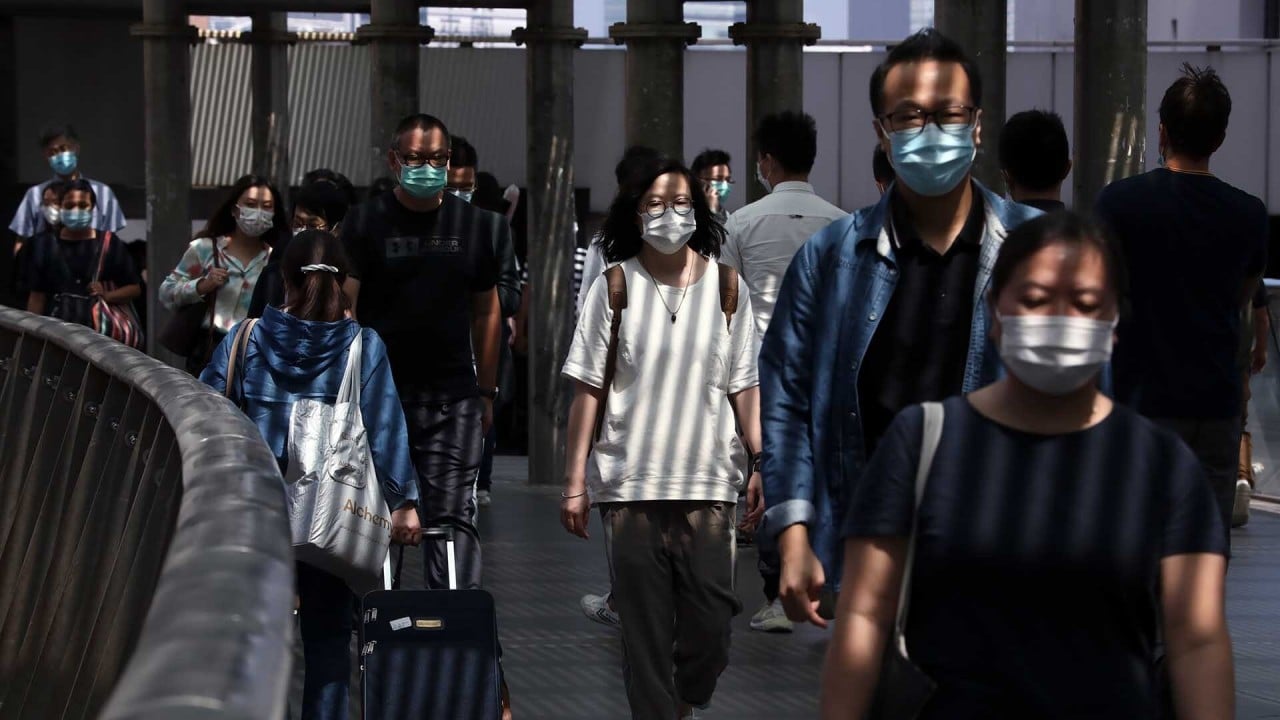
Coronavirus recovery: vaccine-boosted economy is still coming to grips with long-term effects of pandemic
- While short-term optimism surges, questions remain over how much the pandemic has scarred the global economy and constrained future growth potential
- It is hard not to be concerned about the impact of high debt levels on inflation and economic growth, even as some economists challenge orthodox views on debt
Most important, perhaps, is how much the pandemic has carved into long-term economic growth. The main worry concerns so-called economic scarring or constraining future growth potential.
Workers who lost their jobs in those hard-hit areas may take a long time to find new careers, and their livelihoods might be permanently damaged. Even workers in other economic areas might become less employable over time if they remain unemployed for too long.

01:58
Coronavirus: Hong Kong records highest daily case number as dance club cluster grows to 80 cases
Set against these negatives, there is the potentially positive impact of more rapid adoption of technological advances. The same video-calling technology hurting the travel business is making many peoples’ working lives more efficient, allowing them to collaborate remotely and do more work in a given day.
Together, these are speeding up economic recoveries compared to past recessions. This should help keep scarring to a minimum, although it’s too early to tell what the net impact of these factors will be.
‘Soaring costs, less stability’ make Hong Kong second-worst Asian city for expats
Another area of concern is inflation. In the near to medium term, the risk of higher inflation seems contained. The many factors that have pushed inflation down during the last few decades will still be in play in the next three to five years.
However, look slightly further out and the balance of risks could shift. Rapid technological progress might be here to stay, but globalisation – another factor pushing down on prices – could well have peaked already.

04:33
Why live streaming is becoming China’s most-profitable form of electronic media
Similarly, private companies, which had already been running up debt loads during the last cycle, in many cases have had to take on more debt to survive.
China’s bond defaults highlight ‘grey rhino’ risk as debt grows
The good news is that this has so far not led to further problems in funding markets, once central banks brought the initial panic during February and March under control. Still, the new high-debt reality will increase economies’ sensitivity to rising interest rates going forward, which is exactly why policymakers will be reluctant to let them rise too quickly or too soon.
Until fairly recently, economic orthodoxy held that high debt levels in and of themselves were a serious headwind for economic growth, related to the scarring argument above. This view is increasingly being challenged by economists, but it is hard not to be apprehensive about the impact on growth and inflation from here.
Even as the near-term path out of the Covid-19 crisis is materialising with the arrival of vaccines, the jury is still out on the longer-term consequences of the pandemic.
Patrik Schowitz is a global multi-asset strategist at JP Morgan Asset Management

